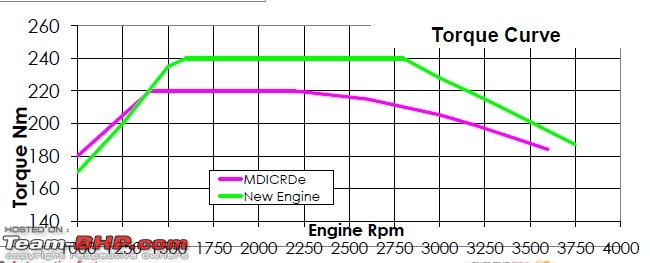| | #1 |
| BHPian Join Date: Dec 2007 Location: Bengaluru
Posts: 224
Thanked: 372 Times
| |
| |  (3)
Thanks (3)
Thanks
|
| |
| | #2 |
| BANNED Join Date: Dec 2007 Location: Gurugram
Posts: 7,969
Thanked: 4,788 Times
| |
| |  (6)
Thanks (6)
Thanks
|
| | #3 |
|
Posts: n/a
| |
 (1)
Thanks (1)
Thanks
|
| | #4 |
| BHPian Join Date: Dec 2007 Location: Bengaluru
Posts: 224
Thanked: 372 Times
| |
| |
| | #5 |
| BHPian Join Date: Jan 2009 Location: Chennai
Posts: 44
Thanked: 17 Times
| |
| |  (6)
Thanks (6)
Thanks
|
| | #6 |
| BHPian Join Date: Jan 2011 Location: Bangalore/hyderabad
Posts: 385
Thanked: 351 Times
| |
| |  (1)
Thanks (1)
Thanks
|
| | #7 |
| Senior - BHPian Join Date: Aug 2010 Location: PCMC, Pune-MH14
Posts: 3,566
Thanked: 4,964 Times
| |
| |  (3)
Thanks (3)
Thanks
|
| | #8 |
| BHPian Join Date: Feb 2008 Location: Bombay
Posts: 91
Thanked: 49 Times
| |
| |  (5)
Thanks (5)
Thanks
|
| | #9 |
| Team-BHP Support  | |
| |  (1)
Thanks (1)
Thanks
|
| | #10 |
| BHPian Join Date: Feb 2006 Location: bangalore
Posts: 913
Thanked: 1,282 Times
| |
| |  (4)
Thanks (4)
Thanks
|
| | #11 |
| BHPian Join Date: Dec 2007 Location: Bengaluru
Posts: 224
Thanked: 372 Times
| |
| |
| |
| | #12 |
| Team-BHP Support  | |
| |
| | #13 |
| BHPian Join Date: Feb 2008 Location: Bombay
Posts: 91
Thanked: 49 Times
| |
| |  (1)
Thanks (1)
Thanks
|
| | #14 |
| Team-BHP Support  Join Date: Aug 2009 Location: Bangalore
Posts: 8,830
Thanked: 12,255 Times
| |
| |  (1)
Thanks (1)
Thanks
|
| | #15 |
| BHPian Join Date: May 2008 Location: Mumbai
Posts: 43
Thanked: 10 Times
| |
| |
 |
Most Viewed








 with sgiitk & VeeTee. Look at the peak torque figures which the other engines produce & @ what rpm. The mCR100 of the Quanto produces the peak torque from as low as 1600 rpm & goes all the way to 2800 rpm (very wide rpm band). Other engines produce the peak torque at higher band & taper out quickly on either sides of the peak torque rpm.
with sgiitk & VeeTee. Look at the peak torque figures which the other engines produce & @ what rpm. The mCR100 of the Quanto produces the peak torque from as low as 1600 rpm & goes all the way to 2800 rpm (very wide rpm band). Other engines produce the peak torque at higher band & taper out quickly on either sides of the peak torque rpm.
